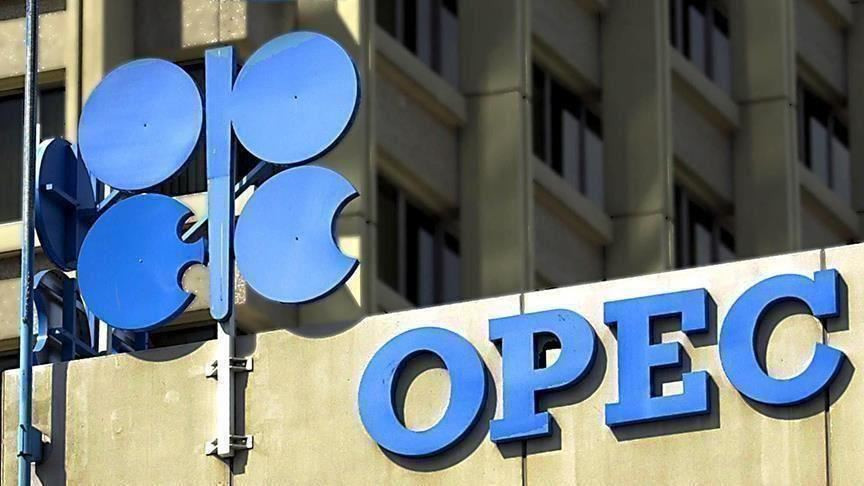Press reports confirmed that the increase in OPEC oil production, in April, was less than the rise planned under an agreement with allies, as declines in production in Libya and Nigeria compensated for increases in supplies by Saudi Arabia and Iraq.
The survey found that the Organization of the Petroleum Exporting Countries pumped 28.58 million barrels per day in April, an increase of 40,000 barrels per day from the previous month and less than the 254 thousand barrels per day stipulated in the supply agreement, according to Reuters news agency. The biggest drop in production was in Libya, which lost in April more than 550 thousand barrels per day from closures on fields and stations, and Nigerian production recorded a decrease of 40 thousand barrels per day, with exports lower than in March, according to Shafak News Iraqi Agency.These outages limited the increase in OPEC production, as major producers followed an increase in their pledge to supply, and the survey found that the largest increase in April amounted to 100,000 barrels per day came from Saudi Arabia, followed by Iraq, where the monthly increase in production was by 80 thousand barrels per day
The United Arab Emirates followed the high share and increased by 40 thousand barrels per day, while Kuwait's production increased by ten thousand barrels per day.
The survey concluded that Iran, which is also exempt from making production cuts, was shipping more to China in 2022 and production rose in April, even as talks on reviving the 2015 nuclear deal with Iran failed to materialize. World powers come to an agreement.
The survey found that production decreased or did not increase in Angola, Equatorial Guinea and Gabon, due to a lack of ability to produce more.
The agreement called for an increase of 400 thousand barrels per day in April from all OPEC + members, of which about 254 thousand barrels per day is shared by the ten OPEC producers covered by the agreement, as a result, the ten OPEC members pump much less than called for agreement.





































